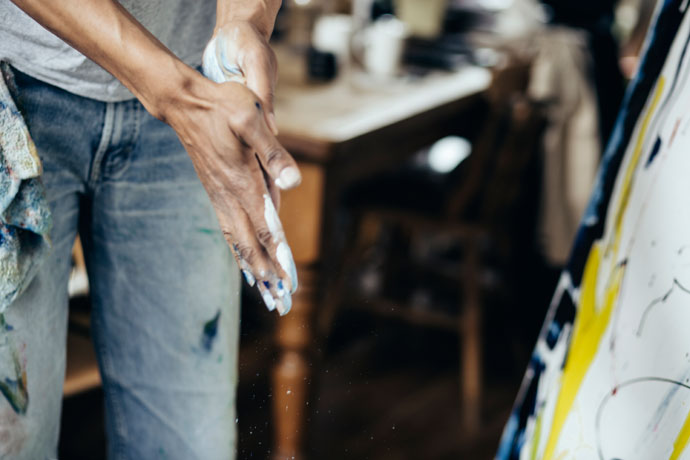4 Steps To Unlocking Your Creativity
Creativity is often seen as an elusive gift, only available to a select few. But you don’t need to be a prodigy to be creative — everyone possesses the ability. It’s important to note that many of the world’s greatest artists had to learn and refine their skills. Creativity is indeed a skill that can be learned. Everyone has an imagination that can manifest into various creative forms. And tapping into that can make all the difference in your life and career. Albert Einstein said, “Imagination is more important than knowledge. Knowledge is limited. Imagination encircles the world.”
The creative process has been studied in depth, with numerous theories. One of the first and foundational models was posed by co-founder of the London School of Economics, Graham Wallas, in 1926. His four-stage model continues to shape modern theories on the creative process. Here are the four stages and how to use them to unlock your creative ideas:
1. Preparation
During the preparation stage, you are gathering knowledge and exposing yourself to a wide range of sources. It is the work of the conscious and analytical mind, when your actions are focused and intentional.
If you’re a writer, then you would read as widely as possible, across all genres. If you’re working on a marketing campaign, you would be looking at what others are doing in various industries beyond your own.
Think of it as gathering as many branches as possible to start a fire. Engage in the things that are foreign to you, and stretch yourself beyond your intellectual comfort zones.
2. Incubation
While preparation is an act of the conscious mind, incubation is governed by the unconscious mind. It requires a mental break from the conscious work in the “preparation” process.
This is the stage where you let all the ideas you’ve been exposed to meet, mingle, and marinate. It means completely disengaging, either by directing your attention and conscious mind toward something else, or taking a nap and resting your mind altogether.
Be sure to set that particular project to the side and keep your mind from attempting to wander back to it.
3. Illumination
Following the incubation stage is illumination — the lightbulb “aha” moment. This eureka experience can never be forced and comes as a result of all the information, experiences, and ideas from the preparation stage meshing together.
The brain is continually making sense of every external stimuli we’re exposed to. The synthesis of all the disparate information is what leads to illumination. Creativity comes when the brain is trying to make associations between seemingly unrelated ideas.
It is an organic and passive experience, but requires diligence in the preparation stage.
4. Verification
Once your creative idea has been birthed, it may need to be refined and strengthened. This is the process of shedding any biases we may have toward our idea. It involves sharing your work, and obtaining feedback. To be sure, this is not about questioning or validating your creative ability, any personal work is unique in its own right. Rather, it is aiding in the process of iteration, especially for ideas that you’ll push into the public realm. Private works of creativity do not require a heavy process of verification, yet it is helpful to be able to look objectively and question your ideas.
Don’t be afraid of playing devil’s advocate with your own ideas, and be vulnerable to share them with others. Getting feedback will only help you with being more creative.








































